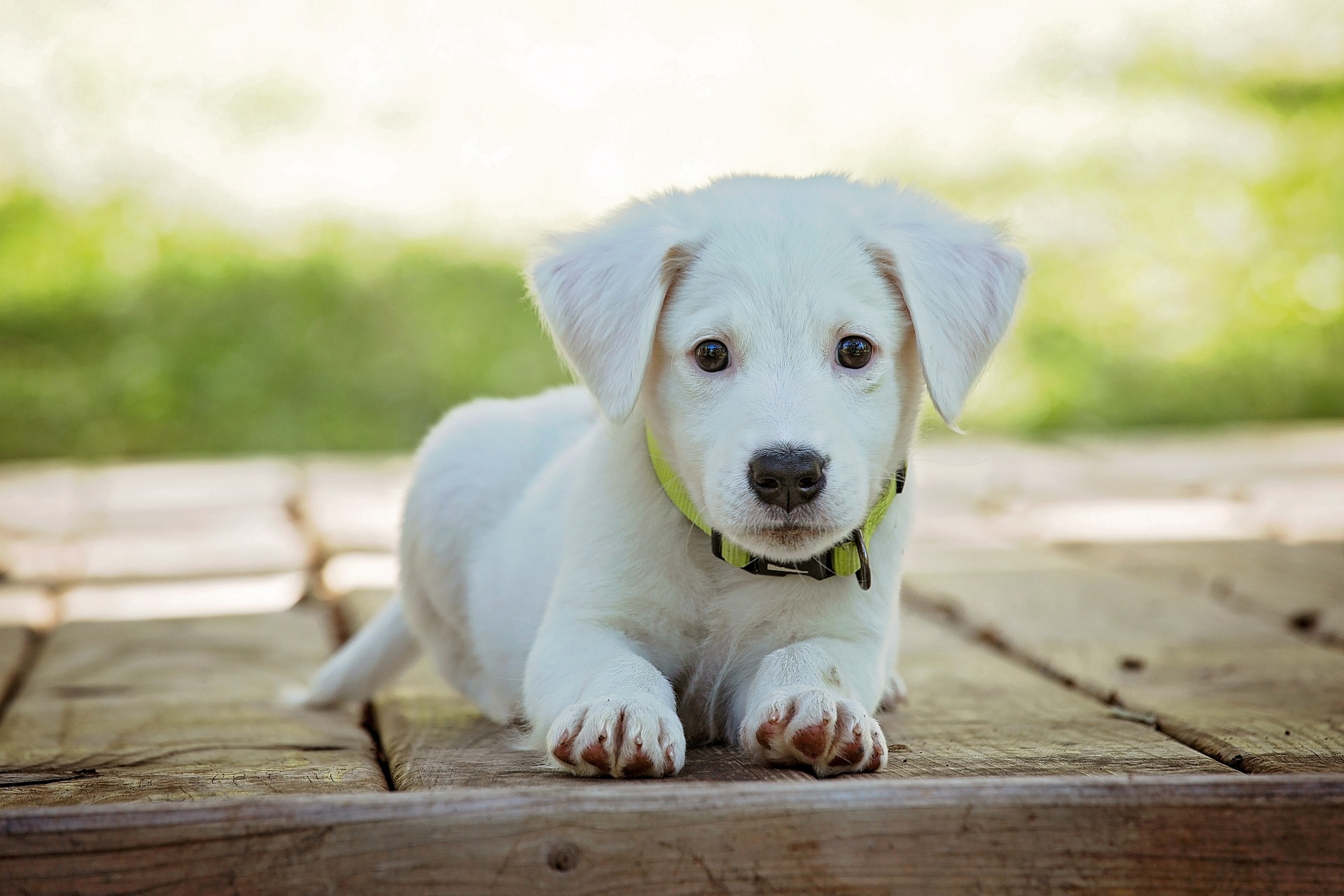
As the holiday season approaches, it can be tempting to share your Christmas feast with your furry friend. However, many common Christmas foods can be harmful or even toxic to dogs. To ensure your dog stays safe and healthy during the holidays, avoid feeding them the following foods:
Chocolate is a popular holiday treat, but it is toxic to dogs. Chocolate contains theobromine, a stimulant that can be harmful to dogs if ingested in large amounts. Symptoms of chocolate poisoning in dogs include vomiting, diarrhea, rapid breathing, and increased heart rate. In severe cases, chocolate poisoning can be fatal. Keep chocolate out of reach of your dog and make sure any gifts containing chocolate are stored safely away.
Grapes and raisins are often found in Christmas fruitcakes and other baked goods. However, these fruits can be toxic to dogs and can lead to kidney failure. Even a small amount of grapes or raisins can be harmful to your dog, so make sure to keep these foods out of reach at all times.
Onions and garlic are common ingredients in holiday dishes such as stuffing and gravy. These vegetables can cause damage to your dog's red blood cells, leading to anemia. Symptoms of onion or garlic poisoning in dogs include weakness, vomiting, and difficulty breathing. Avoid feeding your dog any foods that contain onions or garlic, and be cautious when cooking with these ingredients around your furry friend.
Alcoholic beverages are often enjoyed during holiday celebrations, but alcohol is extremely dangerous for dogs. Even a small amount of alcohol can cause intoxication in dogs, leading to symptoms such as vomiting, diarrhea, difficulty breathing, and even coma. Keep all alcoholic beverages well out of reach of your dog to prevent any accidental ingestion.
Fatty foods such as ham, turkey skin, and gravy are common Christmas staples, but they can be harmful to your dog's digestive system. Consuming high-fat foods can lead to pancreatitis, a painful and potentially life-threatening condition in dogs. Stick to your dog's regular diet and avoid sharing fatty holiday foods with them.
While it may be tempting to give your dog a bone as a special treat during the holidays, bones can actually pose a choking hazard or cause intestinal blockages. Cooked bones are particularly dangerous, as they can splinter and damage your dog's digestive tract. Instead of bones, offer your dog safe chew toys or treats to keep them entertained.
Many holiday treats contain artificial sweeteners such as xylitol, which can be toxic to dogs. Xylitol can cause a sudden drop in blood sugar levels and can lead to symptoms such as seizures, weakness, and liver failure. Check the ingredients of any holiday treats before sharing them with your dog to ensure they do not contain harmful artificial sweeteners.
Keep your dog safe and healthy this holiday season by avoiding these common Christmas foods. Instead, offer your furry friend dog-safe treats and toys to celebrate the season together. By being mindful of what you feed your dog, you can ensure they have a happy and healthy holiday season.